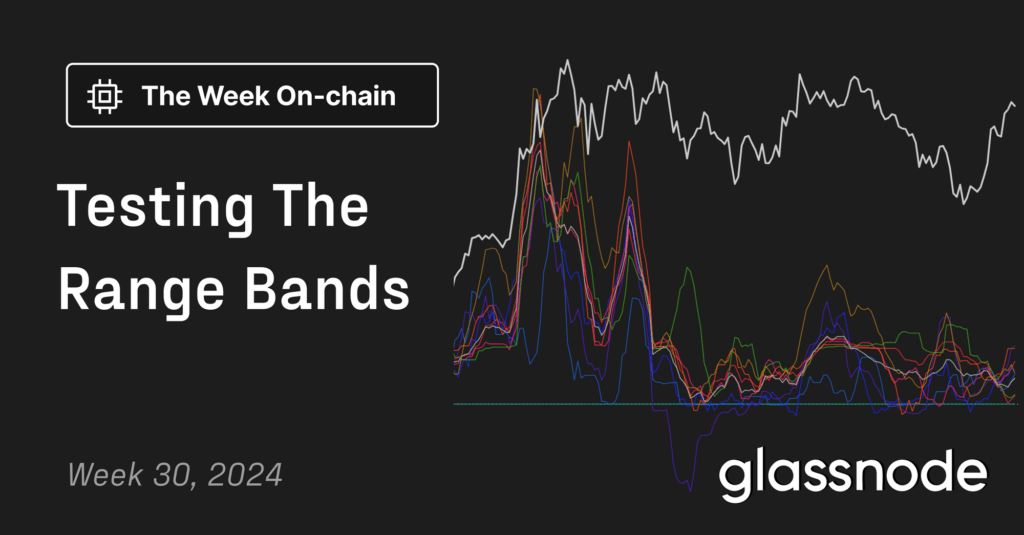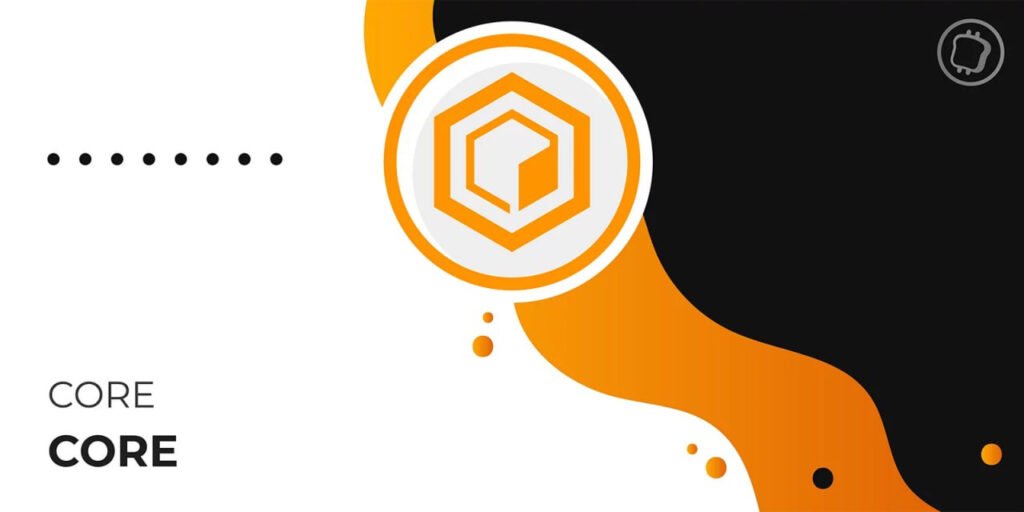Research Summary
The report covers significant regulatory developments in the cryptocurrency sector across Asia, Russia, and the United States. It highlights the launch of Asia’s first inverse Bitcoin product, the implementation of South Korea’s first comprehensive cryptocurrency law, and concerns over Russia’s potential use of cryptocurrency to evade sanctions. The report also discusses North Korean hackers infiltrating the crypto industry, a Chinese OTC operator’s sentencing, and the termination of Trip.com’s first NFT series.
Key Takeaways
Asia’s First Inverse Bitcoin Product
- Launch of Innovative Product: The Hong Kong Stock Exchange is set to list Asia’s first inverse Bitcoin product, the CSOP Bitcoin Futures Daily Inverse (-1x) Product (7376.HK), on July 23. This product invests directly in the nearest-to-expiry monthly Bitcoin futures traded on the Chicago Mercantile Exchange, with HSBC Institutional Trust Services (Asia) Limited acting as the trustee.
South Korea’s Cryptocurrency Law
- Regulatory Framework: South Korea’s first comprehensive cryptocurrency law, the Virtual Asset User Protection Act, has come into effect. The law imposes stricter requirements on digital asset exchanges, including the mandate to store at least 80% of users’ cryptocurrency deposits in cold wallets separate from their own funds. Exchanges are also required to establish real-time monitoring systems and report potentially illegal irregular trading activities.
Russia’s Cryptocurrency Trading Services
- Proposed Legislation: The Russian Ministry of Finance has proposed allowing licensed exchanges to offer digital currency trading services to certain qualified investors. The State Duma is also considering a bill that would authorize the Central Bank to create an experimental platform for international settlements using cryptocurrency starting from September 1.
North Korean Hackers in Crypto Industry
- Cybersecurity Threat: A UN report reveals that North Korean hackers are infiltrating the cryptocurrency industry by impersonating job seekers, earning North Korea up to $600 million annually. Over the past seven years, North Korean hackers have stolen cryptocurrency assets worth $3 billion through 58 cyber thefts.
Chinese OTC Operator’s Sentencing
- Legal Consequences: A Chinese OTC operator, Mr. He, was sentenced to three years in prison and fined 5 million yuan for illegally engaging in funds payment and settlement services on a virtual currency trading platform, making profits through arbitrage. The Chongqing First Intermediate People’s Court recently upheld this ruling, rejecting the appeal.
Actionable Insights
- Monitor Regulatory Developments: Stakeholders in the cryptocurrency sector should closely monitor regulatory developments in key markets such as Hong Kong, South Korea, and Russia. These developments could significantly impact the operations of cryptocurrency exchanges and other related businesses.
- Enhance Cybersecurity Measures: Given the increasing threat of cyberattacks from entities such as North Korean hackers, cryptocurrency businesses should enhance their cybersecurity measures to protect their assets and customer data.
- Understand Legal Implications: The sentencing of the Chinese OTC operator underscores the importance of understanding and complying with local laws and regulations when operating in the cryptocurrency sector. Non-compliance could result in severe legal consequences.












